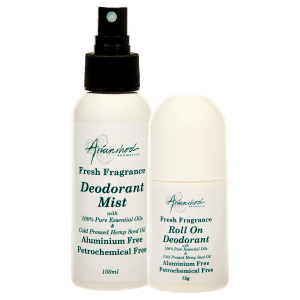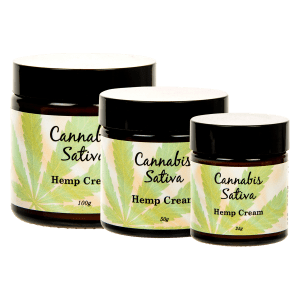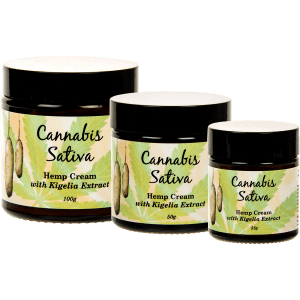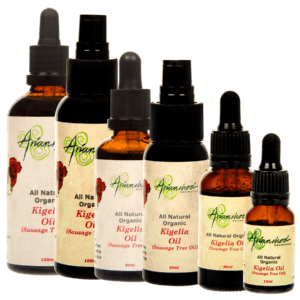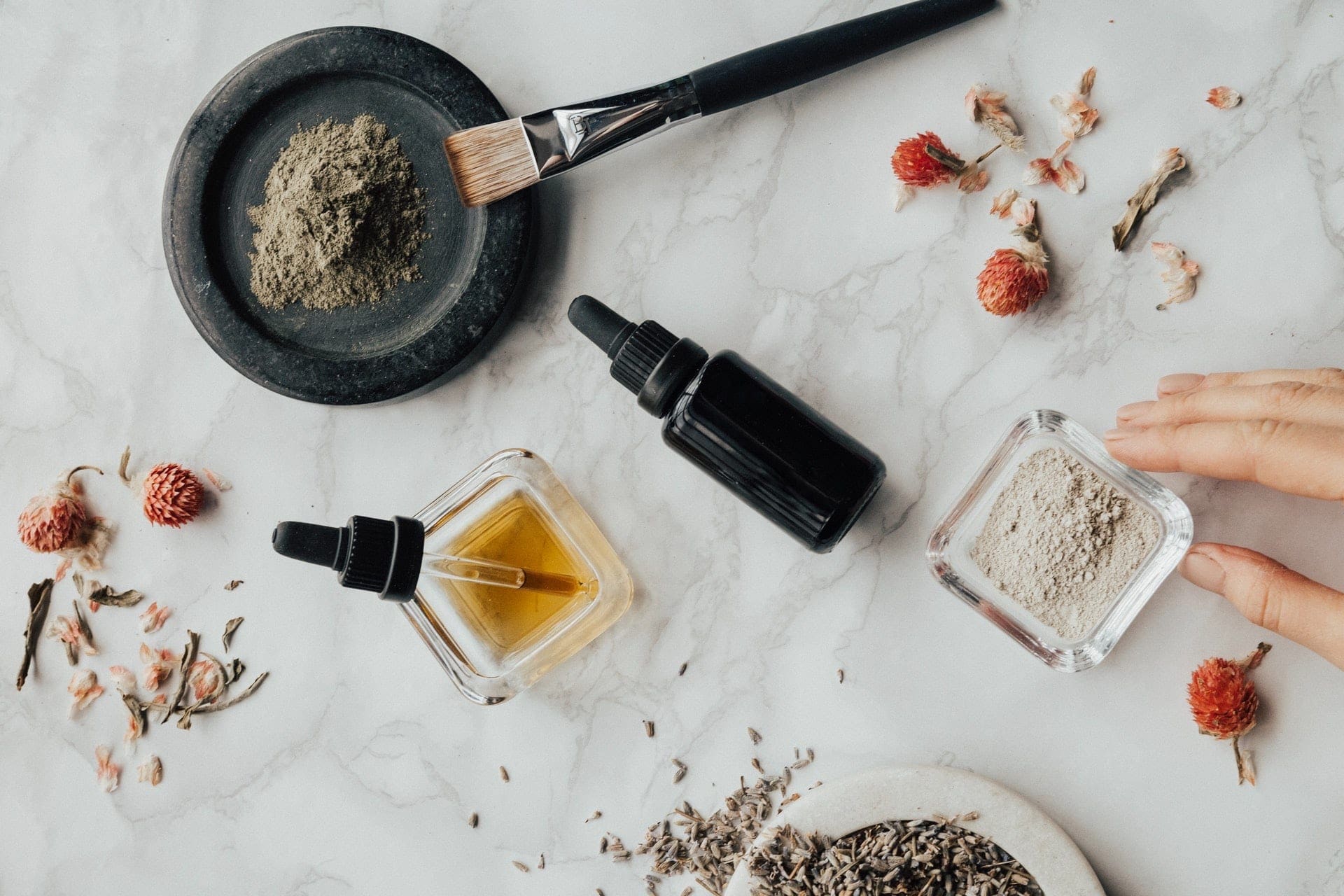How to start your own skincare business
Do you want to make some money on the side? Have you got an idea for an awesome new deodorant scent that compliments something else you sell? Or do you have an idea of how your business could leverage skincare as a unique value-add for your customers? If so, how do you start your own skincare business? Where do you even begin?
The idea of researching and investing in the equipment to manufacture your own line of skincare products seems like way too much effort and cost for a side hustle, but, it is possible to get started without all that time and investment.
You don’t need to know how to manufacture in order to make and sell a good product that people will love. There are a couple of options available to help you sell without having to know a thing.
But before you get started on selling, you need to make some decisions to help set yourself up for success!
Choose your niche and products
Now comes the fun part! Picking what niche you want to operate in, and subsequently what products you want to sell. Maybe you have already found the products, but you still need to know who is going to buy them (your niche).
Picking your niche
Picking a niche is a lot of fun, but it can be a challenge at the same time. If you aren’t sure where to start, I would suggest that if you’ve come up with a product that meets a need for you, you could look at yourself as the buyer.
Most of the time, we identify potential opportunities based on problems, or gaps in the market, that we have found in our own lives. So, that’s a great place to start.
Who are you? How would you describe people who are like you? Perhaps your niche is men aged between 20 and 40 who have sensitive facial skin and get bad razor burn. Maybe it’s women aged 35-50 who work in a corporate environment and get really dry skin from constant air-conditioner exposure.
Perhaps you are coming at this from left-field and have noticed that throwing in a bottle of skin-sensitive hand sanitiser is a great way to sweeten client deals and help close the sale – plus it means they are carrying your logo around with them all day long!
It’s up to you, and there is a lot of research you can do on this, but the more specific you can be about who your skincare products will help, the more effectively you will be able to develop and market them.
Remember, an awesome, natural hand sanitiser that serves as a great marketing device is going to need different thought put into it than a product aiming at helping a customer solve a problem.
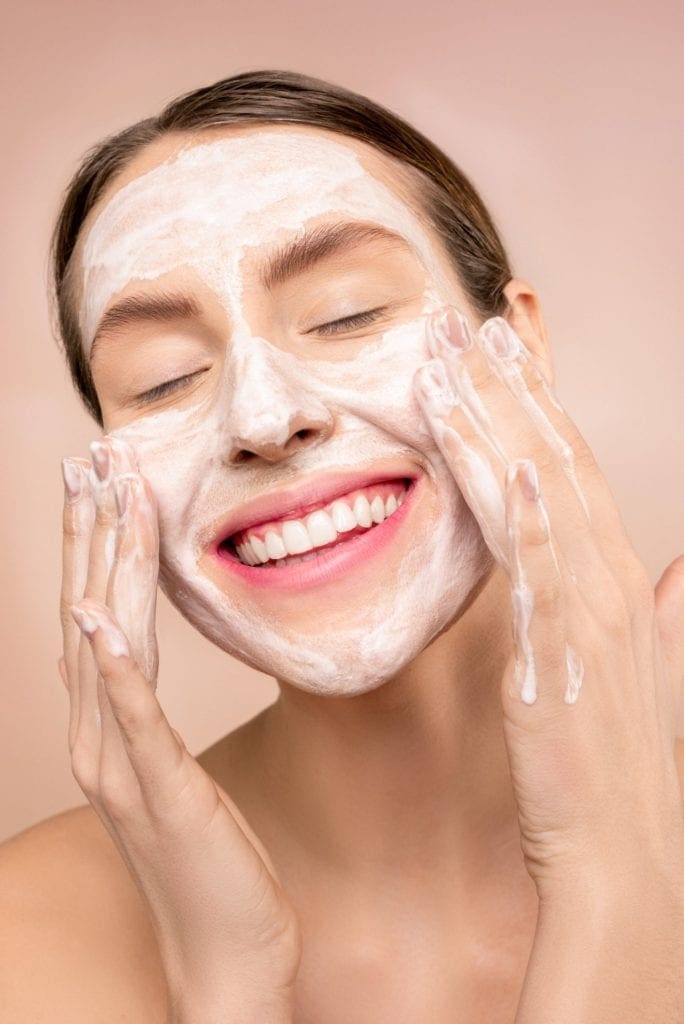
Finding your products
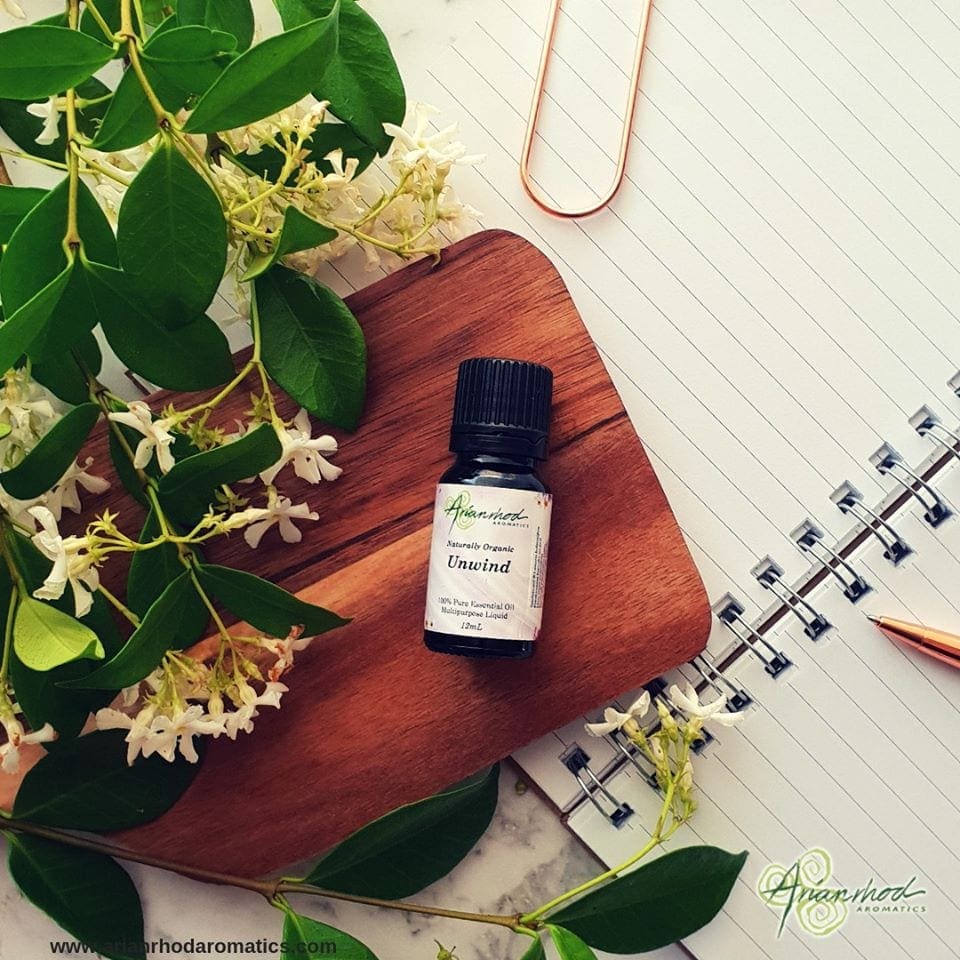
If you aren’t sure what skincare products you want to sell, there are a few great places to look to see what is currently in demand. Have a look at current trends in search and buying behaviours on e-commerce marketplaces like eBay and Amazon.
Here’s some great places to check for buyer trends:
You can also explore trends in search behaviour on the Google Trends website. This can be broken down by country and regions within countries so you can really hone in on trends in the area you want to sell to.
Focus on products to suit your niche
Stay away from broad product categories and generic products. It can be pretty hard to compete for general terms and products that are intended for ‘everyone’. The only exception to this is if you happen to have some celebrity status or following. One crazy example of this is a plain white t-shirt. You can’t really compete with the likes of Kmart that sell these for just a few dollars unless you are Kanye West. Then you can sell a plain white t-shirt for $120 and it will sell out, repeatedly.
If you aren’t Kanye (or Kim), it’s best to create very specific products that meet the needs and desires of your niche, and sometimes this is in the product, other times it’s just in the packaging. For example, instead of a moisturiser that looks like everyone else, you might have more success using branding and labels that feature sayings that people in your niche can relate to at the times they are most likely to use it. Giving someone a laugh can go a long way. There are some great examples of this on RedBubble, like this INTP sarcastic functions t-shirt. I would expect a shirt like this to appeal to most INTP people (like me) who are aware of their Myers-Briggs personality type.
Just be sure though that your product is in line with your brand and that if you are going for quality, your product represents that. Jokes might not be the right choice if you are going for a premium image.
If you aren’t sure what your niche is yet, but you have come up with a product you want to sell, look at what makes that product unique. Think about who is going to want these unique properties. Hone in on the details until you can identify very specific kinds of people. Make them your niche and promote the benefits that they want. If you can’t get that level of detail from your skincare product, it might not be a good choice for starting out. You need to know who it is that will want your product in order to make sure you get your product in front of them.
Think carefully about your product price
High-value items can be harder to sell. Generally speaking, people are less likely to spend $100 on an impulse purchase than they are a $40 item, unless that impulse purchase can solve a serious problem they are having. As a result, more expensive products will also get you more customer scrutiny. The higher the customer risk (the money they are letting go of), the more research they will do into the product, and into your store. They are more likely to check reviews and want to know how trustworthy you and your products are.
Quick sales are great little wins for you, but you need enough margin for the product to be worth selling, especially when you factor in running promos like free shipping. Look at products around the $30-$60 mark that are low-cost to deliver. This is cheap enough to still be an impulse purchase, but should still be high enough to give you a decent margin. Once you start moving your first product, then look at more expensive options you can offer to upsell your customers on.
Reselling or contract manufacturing?
Now you have some idea on your skincare products, should you go with reselling someone else’s products or start manufacturing your own products?
Reselling
Resale is what much of the retail industry is built upon. Reselling products is simply the idea of buying a product someone else has made, usually at a wholesale price, and then reselling it at a retail price.
In this model, you find a supplier for the products you want to sell, this could be direct with a manufacturer like Arianrhod Aromatics, or it may involve a middleman called a distributor.
Learn more about reselling Arianrhod Aromatics branded products.
In either case, you choose the products you want to sell from the supplier’s range, and order from them. Once they receive the order, they ship the product to you, and you then sell it. The products will always have the manufacturer’s branding on them and you will have no options to customise any products. You are buying products off the shelf.
This is a great model for getting started in retail as it gives you access to the reputation of a larger brand, typically the brand that makes the skincare products you are selling. Customers often already have a relationship with that brand and know whether they trust the product or not, so you don’t need to do any convincing on that front, you just have to convince buyers to trust your store to deliver the product.
Resale is also a great option for getting started since you have low investment costs. Typically, suppliers will require minimum order quantities in order to offer you wholesale pricing, but otherwise, there is nil cost.
The big trade-off though is that everyone else is probably also selling the same product from the same brand and so you are competing with them to get in front of customers and make the sale. Some big chain retailers have very deep pockets so it can be difficult to compete with them on the same product.
On the other hand, if you can find a boutique skincare brand that has products that fit the niche you are looking for, but is not sold in major chains, like Arianrhod Aromatics, you can get a little bit of both worlds: an established brand to leverage with much less competition.
Pros of reselling
- Only upfront costs are the costs of buying the product to sell
- Access to an established brand reputation
- No product development time
- Products are typically available to ship immediately
Cons of reselling
- You have no control over the products
- No ability to customise products
- You are competing with everyone else that is selling the same product from the same brand
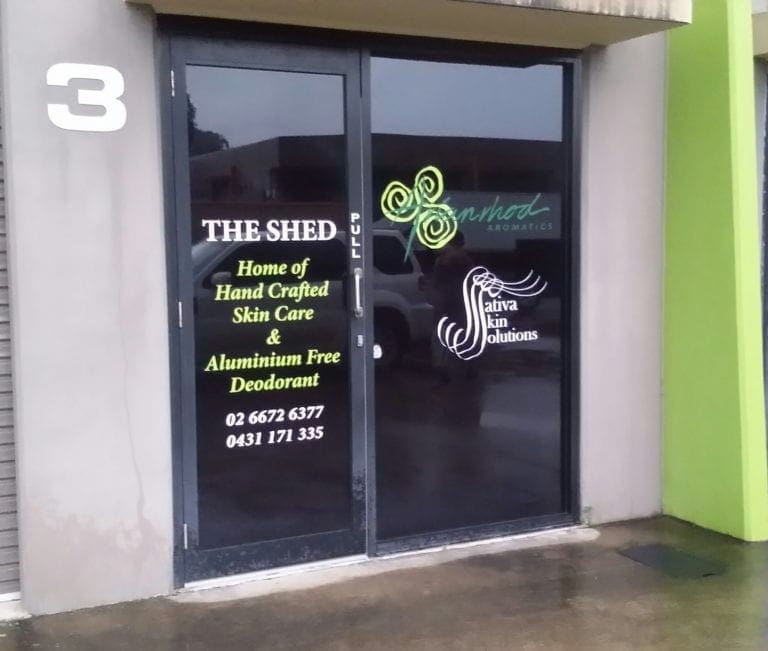
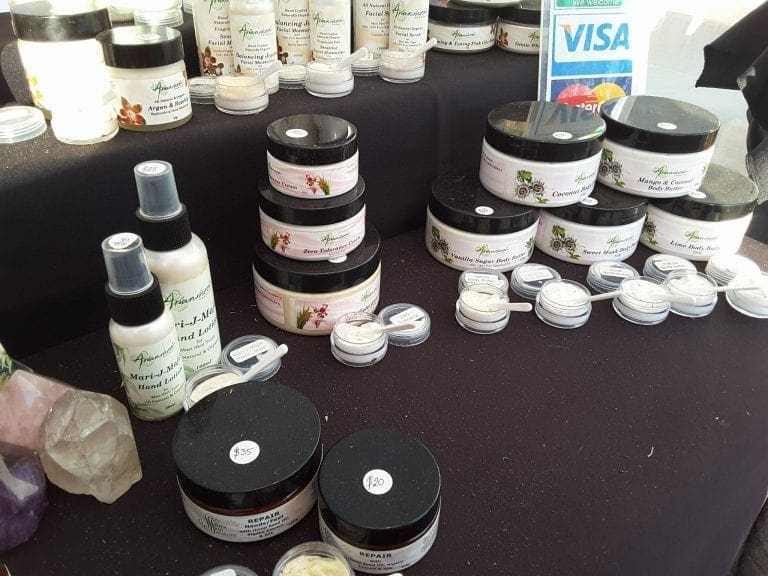
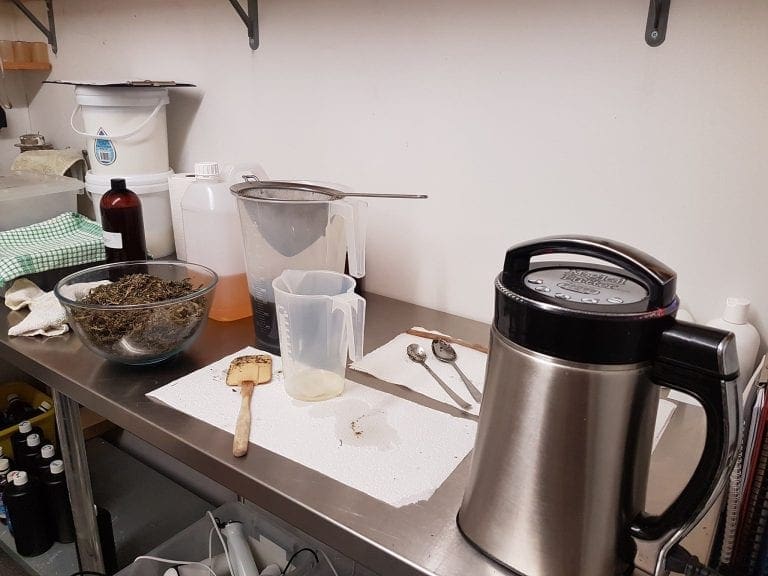
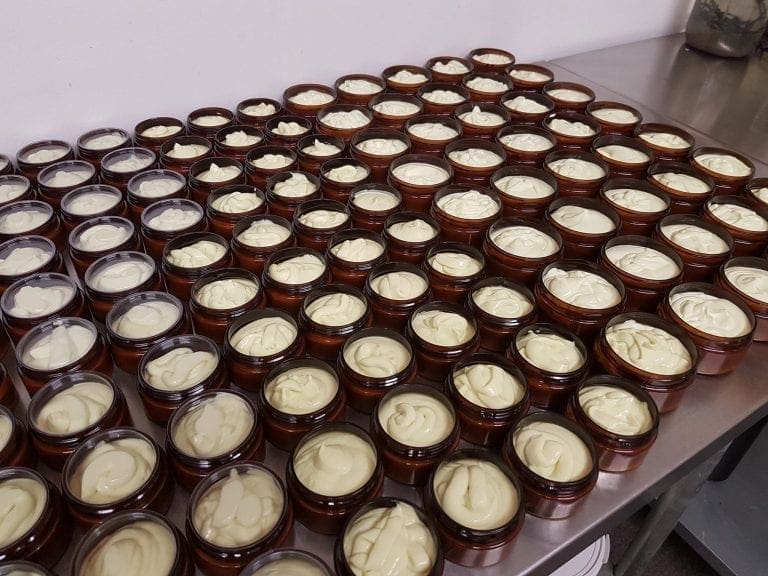
Contract manufacturing
Contract manufacturing combines the knowledge, experience and equipment of a quality skincare manufacturer (like Arianrhod Aromatics) with the ability to order and manufacture products on-demand without even needing to leave your lounge.
In other words, you discuss the type of skincare product you would like to manufacture with the experienced manufacturing company, and they do the hard yards. They come up with the appropriate ingredients, manufacturing techniques and even packaging to meet your requirements. Of course, you can have a hand in the process too, but you don’t have to if you don’t want to.
Learn more about contract manufacturing with Arianrhod Aromatics.
Once your product has been developed, you simply place an order based on the minimum quantity that can be manufactured at a time (usually low when you choose a boutique manufacturer like Arianrhod Aromatics that handles small batches). The contract manufacturer will go ahead and produce your skincare products for you. Before you know it, your skincare order will be at your fingertips, made to your specifications and with your own branding, ready to sell.
Awesome, right? Here are the pros and cons of contract manufacturing.
Pros of contract manufacturing
- Low cost way of starting your own skincare business
- You don’t have to invest in equipment
- You don’t need to learn any skills
- You don’t need to purchase ingredients or packaging
- You can have as much or as little involvement in the product creation process as you like
- Your product gets developed with knowledge and experience that takes decades to gain
- Your brand is on the products, keeping you front of mind
- Products appear at your door, ready to sell
Cons of contract manufacturing
- You are relying on another business to supply your product
- If anything happens to the manufacturer, you may not be able to reproduce your product
- Minimum order quantities may be higher than if you made it yourself (can be negated by choosing a boutique manufacturer that specialises in small quantity manufacturing)
Brand yourself
Ok, you have a product. You know your niche. Now who are you?
It’s time to think about how you are going to brand your business.
Choose a name
You can spend lots of time brainstorming ideas, running them by friends and family, but it doesn’t have to be complicated. Some of the best names are made up, like Google, and other great ones are multiple words mixed into one word, like WordPress. In any case, your name should in some way represent your brand and appeal to your niche.
At Arianrhod Aromatics, our name comes from the Celtic stellar and lunar goddess of time and space, higher love and wisdom. It’s a name that we believe was written for us through destiny as essential elements within our product compositions have a strong connection with the lunar cycle and our products are handcrafted with love and wisdom. You can learn more about our name here.
If you can identify your product and the problem you are solving in your brand name, that can make it easier for customers to identify why they might be interested in what you are selling. Some examples for a brand that is exclusively selling deodorants might be: “Daring Deodorants”, “BO Busters”, or “Deodorant Central”. At Global Hemp Movement, you know from their name that they are all about hemp products.
You can see in the examples above that each name conjures up different images of what kind of deodorants might be sold, and BO Busters is the only one that suggests the store might sell other things besides deodorant, so make sure that, as random as your name might seem, that it does fit with your product and niche.
Also, be sure you aren’t infringing on any trademarks or you could get yourself into a lot of strife. Governments in most countries have trademark searches available. Just search for “trademark search ”, eg “trademark search Australia”, which will bring you to this site. Be aware, there are sites that will charge you to do trademark searches. Never pay for this. Trademarks can be freely searched in the official registries of each country.
Register your brand
Before you start selling, you will need to register your business. In Australia, you can start out by registering for a free Australian Business Number (ABN) as a sole trader. This means you are trading as yourself and any income is considered personal income for taxation purposes. Alternatively, you could incorporate a company. There are costs involved in registering and maintaining a company, and there is a lot more work involved from an accounting and corporate governance perspective, but a company does afford protections that sole trading doesn’t.
You will have to decide on the best approach for you. When I started my business, I started out as a sole trader and then transitioned to an incorporated company once my revenue was high enough to warrant it.
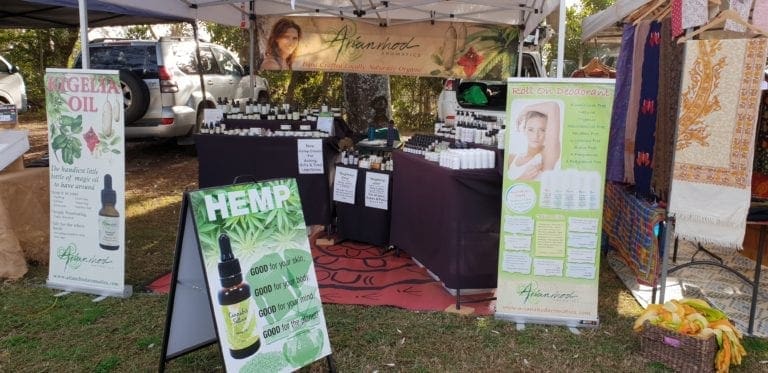
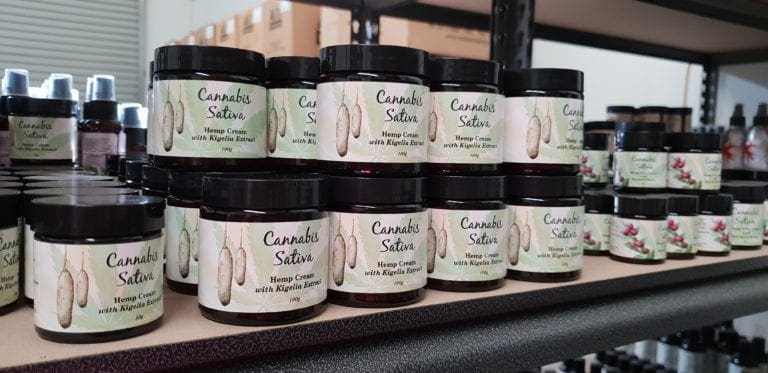
Where will you sell your products?
Are you starting a new business? If so, where are you going to sell your products? Should you open a store? Should you start a market stall? Start a website? Sell on an online marketplace?
All good questions!
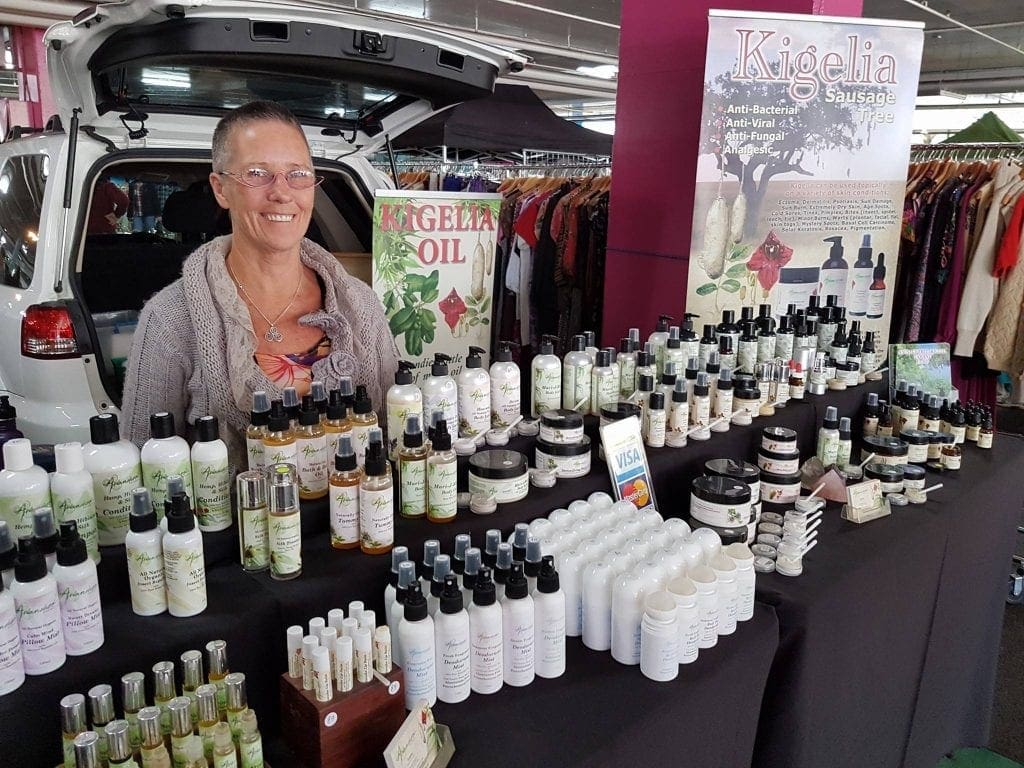
Open a store
Opening a store can be a very expensive exercise, and commercial leases are often for many years. Often those leases also have rent increases built into them. Then there is the cost of a shop fit out. Right now, opening a store is potentially even more challenging with Coronavirus restrictions in place. I wouldn’t recommend this option as a starting point. There is a lot of cost involved meaning either a lot of capital or loans. If you do decide to open a store, make sure you know your products are going to move off the shelves quickly and that you have a solid plan! Some experience in retail management is also a very good idea.
Start a market stall
Market stalls are a cheaper way to get started with a physical store. There are still costs involved, such as your stall setup, but the cost of having a stall is typically much less than a store. Most markets are also on weekends, so you can run your stall while also holding down your day job!
At Arianrhod Aromatics, Iamme started with a market stall and grew to stalls at many markets and eventually opened our factory/shop in Murwillumbah.
A market stall is a relatively low-cost way to validate your products and see if people are interested in them. It also presents a way to test your branding. The downside is that there can be a lot of work involved in setting up stalls and then packing them up again each day.
Launch a website
Selling online can be both low and high cost. It’s possible to build your own website very cheaply, but it can be tough if you aren’t familiar with web design concepts. There are a lot of site builders around that do try and make the process easier, but I find that the overall user experience on these platforms does suffer with inconsistent appearance between pages that ultimately becomes quite costly to fix.
If you are looking to get started on the cheap, WordPress and WooCommerce often come up since they are free. However, there are a lot of costs involved with running a WordPress and WooCommerce store. The platforms are also complex to setup without a web design background. If you have just a few products, the best online store building platform, in my opinion, is Ecwid. I wrote an article here comparing WooCommerce and Ecwid for small businesses that goes into a lot of detail on why I recommend it, but the short version is that it works out much cheaper than running a WooCommerce store if you are just starting out, only have a few products, and just want to get up and running without any technical background.
At Arianrhod Aromatics, we are using WordPress and WooCommerce that run a lot of advanced functionality.
Once you choose a platform, you can get started with selling online. You will need to promote your website in some way to help people find it though. This could be via your social media, or you could invest in paid advertising. Hopefully people will find you in Google searches as well, but don’t expect this to happen overnight. Search engine optimisation is a very long, ongoing process that never ends.
Sell through online marketplaces
Online marketplaces like eBay and Amazon are extremely popular and very low cost to get started. You can start selling for free on eBay and just pay a percentage of your product sales, or you can pay for a low-cost store subscription to make your listings more prominent and give you access to better promotional and market research tools that can boost your sales efforts. Amazon is similar, but both have increasingly stringent requirements on what you can sell, and what information you must include, especially Amazon.
Besides low cost to entry, one of the biggest benefits of marketplace selling is that you have access to their existing audience immediately. We’re talking millions of people shopping on each marketplace all around the world. Of course, those people do have to be looking for what you are selling, but as long as your prices are reasonable, there is a good chance that you will start to sell things without doing anything besides entering accurate product information that is relevant to what people are searching for.
One other benefit of marketplaces is that they are doing a lot of marketing, all the time. eBay often runs discount promotions that enable buyers to receive discounts on their orders. Some of these promotions require sellers to participate and offer a discount, other promotions are funded entirely by eBay, so you as the seller still receive the full sale amount even though your customer got a discount. Nice.
The downside is that you may have to wait a while for sales and that you are competing against many, many other sellers who might be selling the same or similar products. Selling a new product can also take a lot of time. Don’t expect to sell things immediately unless you have a well-known product at a fantastic price. Like any sales channel, it takes time to build up consistent sales and you should be promoting it as much as possible.
Our own eBay store gets very little promotion at the moment (I need to work on that) and as a result, sells much lower volumes than our website does. It still sells things, but it’s definitely not a set and forget sales channel if you really want to grow your side hustle into something big.
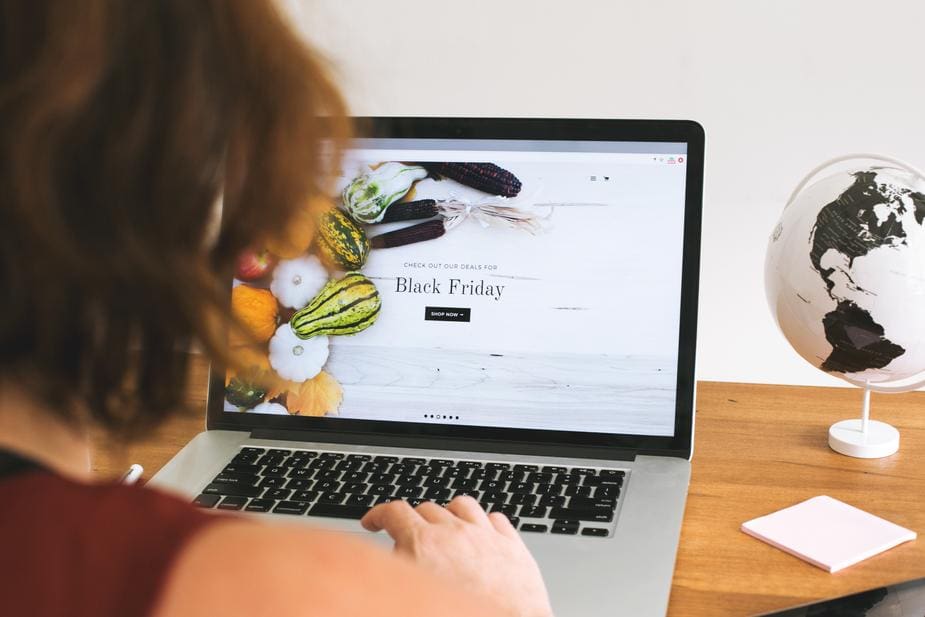
That’s it!
Of course, there is more nitty gritty that goes into it. Starting a business takes a lot of work and dedication, but it is possible to start your own skincare business on the side with low investment costs.
So, what will you sell? What model will you choose? What will you call your business? And where will you sell?
Can we help you launch your new skincare business? Get in touch with us today about reselling Arianrhod Aromatics branded products, or contract manufacturing your own range of skincare products!

